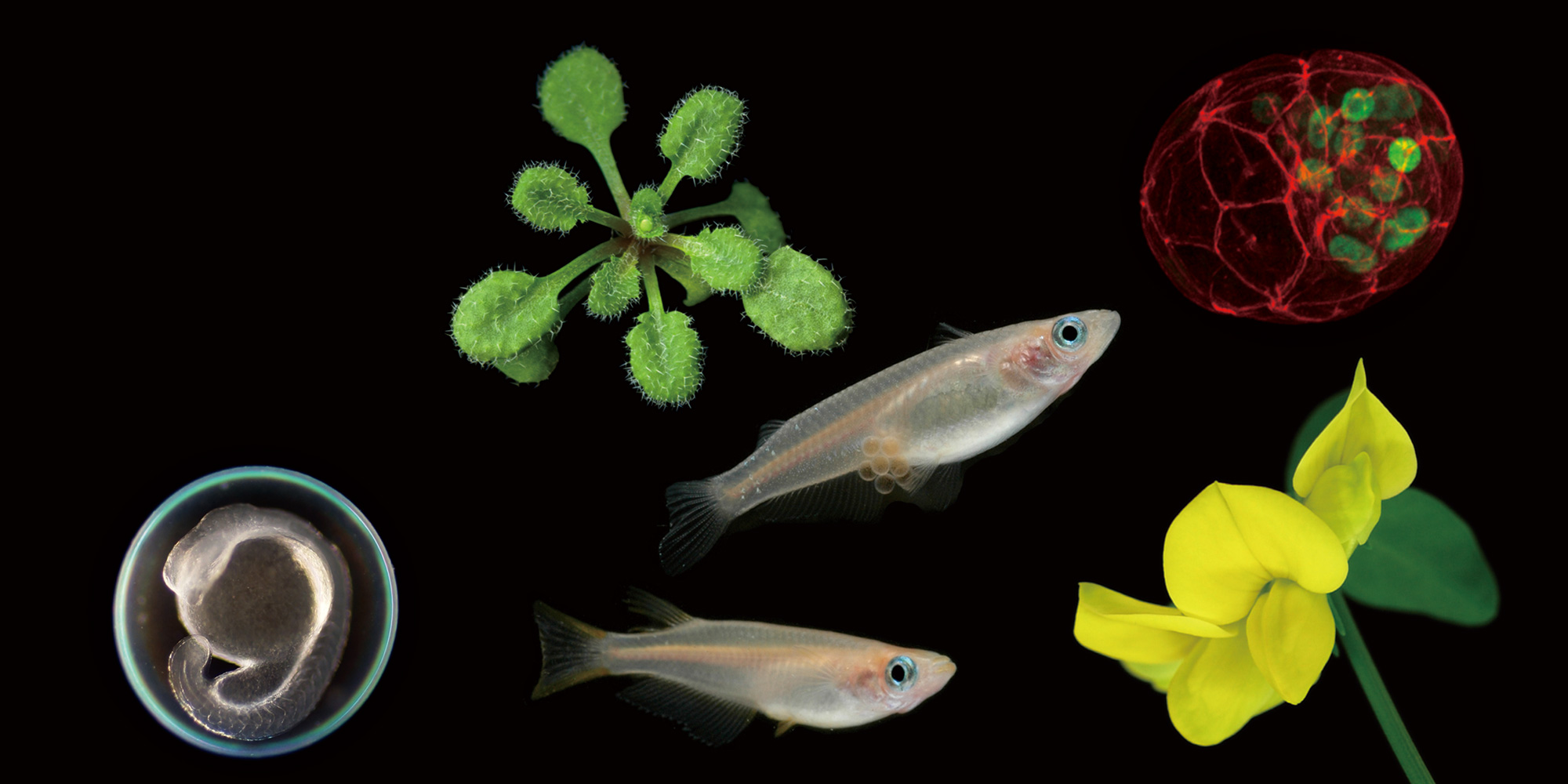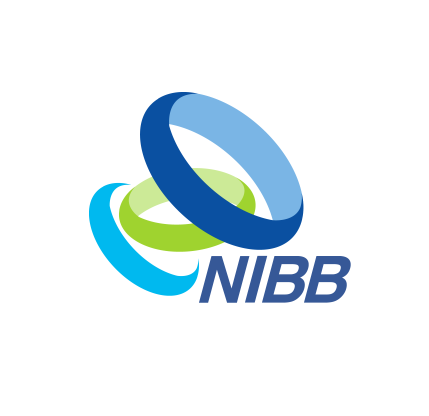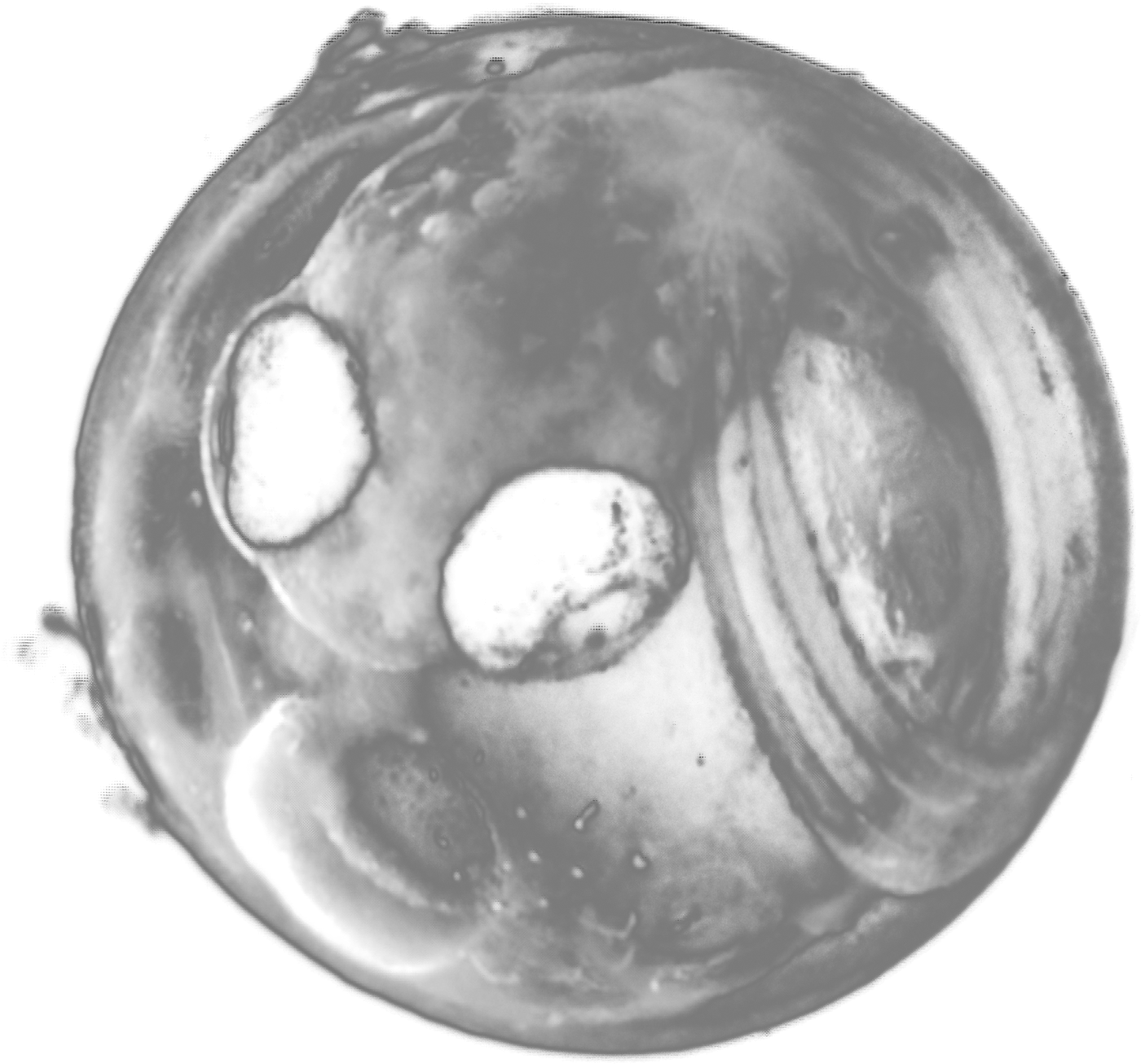2011.12.26
Do plants have functional Wee1 kinase and/or Cdc25 phosphatase homologs?
Dr.Kateřina Bišová (Institute of Microbiology, Academy of Sciences of the Czech Republic)
2011. 12. 26 (Mon) 16:00 ~ 17:00
Seminar Room 1, Myodaiji
The Wee1/Cdc25 module, as well as its function, is highly conserved from yeasts to mammals and is essential for regulating the proper timing of mitotic entry. Mitotic entry is regulated by cyclin-dependent kinases (CDKs) that are inactivated by Wee1 prior to mitosis, leading to entry block; after appropriate controls are completed, Cdc25 phosphatase removes the inhibitory phosphorylation and allows mitosis to occur. The module is also used by the DNA damage response pathway to temporarily block cell cycle progression and to allow DNA repair to commence.
Apparently, the role of WEE1 diverged in higher plants and the kinase is no longer essential for cell cycle progression. Moreover, no functional homologs of CCD25 have been described in higher plants although they exist in algae. In order to resolve this enigma, we set out to characterize the function/s of Wee1 and Cdc25 proteins in the green alga model, Chlamydomonas reinhardtii, and in the land plant moss model, Physcomitrella patens. C. reinhardtii encodes a single homolog of Wee1 which is involved both in the normal cell cycle regulation and in response to DNA damage. Therefore it has similar functions as Wee1 kinases in yeast and mammals. C. reinhardtii genome encodes for three homologs of Cdc25 phosphatase (RDP1-3). All of the homologs show phosphatase activity and some of them are able to dephosphorylate and activate CDK/cyclin complex in vitro. Our results with moss P. patens indicate PpWee1 has a function both in the cell cycle regulation and development. The results will be discussed in the frame of plant Wee1/Cdc25 module function.







